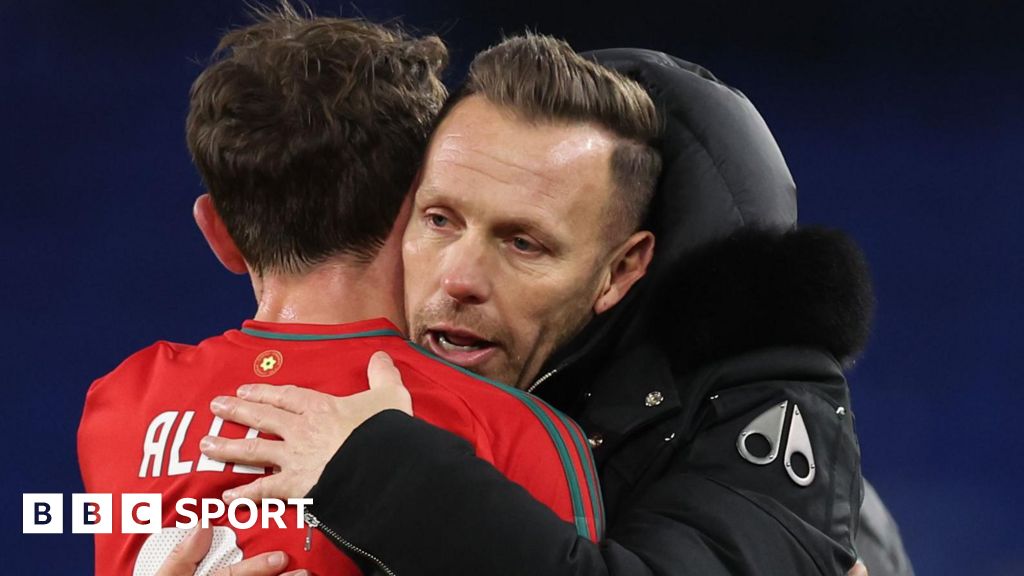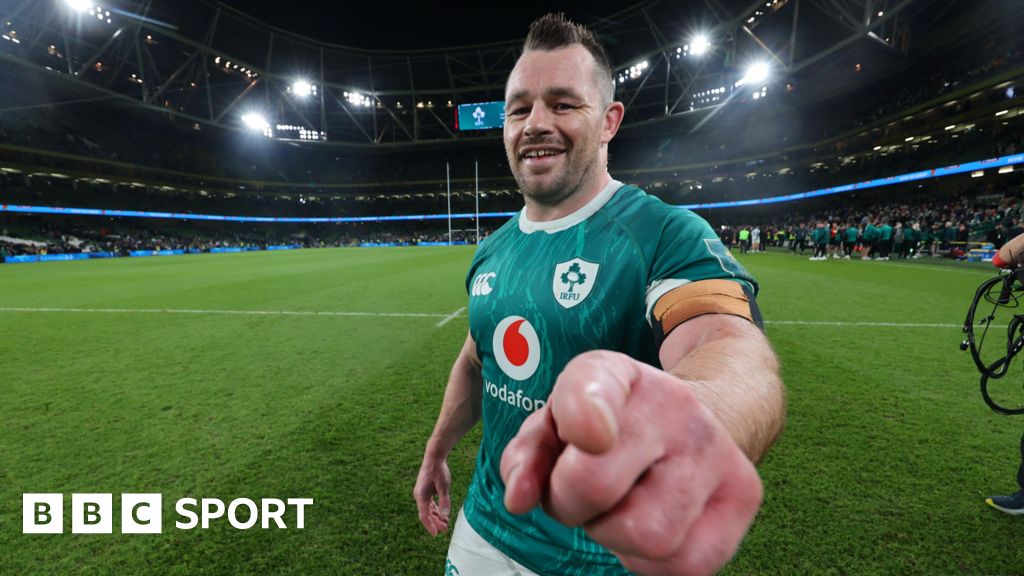ARTICLE AD BOX
How can England's Euro 2022 triumph be harnessed to help grow the game?
After a number of false dawns in recent years when the Lionesses have made the semi-finals of major tournaments, it is a question the FA has been considering for some time.
The lesson of London 2012 - when the staging of a great event provided similar inspiration and record television audiences, but then failed to translate into a meaningful uplift in sports participation or activity levels across the country - seems to have been heeded by the governing body.
Plans to capture the enthusiasm generated by the hosting of this tournament have been in place for some time.
Ambitious targets have also been set with an aim of tripling current average WSL attendances - currently averaging below 2,000 - by 2024.
The celebratory and friendly atmosphere at Euro 2022 matches stood in stark contrast to the disorder that tainted the men's Euros final at Wembley last summer, and the pitch invasions that marred a growing number of Premier League and EFL matches last season.
That may well start to persuade more families to give WSL matches a chance next season, and already there seems to be signs of a surge in demand for tickets.
- Women's European Championship: Ten years, six landmark moments
- England's Euro 2022 victory is 'a powerful thing' - Hope Powell
- When's the next women's football I can watch?
Amid disappointment that more big clubs were not interested in staging Euro 2022 matches when the bid was put together five years ago, there will now be pressure on more Premier League clubs to allow their women's teams to play in their main stadia. There will also be demands to make it easier for fans to buy tickets.
The FA will be asked to ensure women's league fixtures are more regular, with concerns the season schedule has been disjointed. Talks about the Premier League taking over the running of the WSL are ongoing, and there have been suggestions that private equity investors could look to buy the league.
But the concern is that at the grassroots, legacy still could be undermined by a lack of provision and facilities.
Only 44% of secondary schools currently offer equal access to football in PE lessons. In some parts of the country, women's and girls teams struggle to secure places to play.
The government has announced a review of the domestic women's game, and pledged a £230m investment to build or improve grassroots facilities but others point out that cuts to local authority budgets in recent years have meant a reduction in community pitches.
The FA says that by 2024 it wants 75% of schools providing equal access for girls to play the game and 75% of all grassroots clubs offering at least one girls' team, with 1,000 clubs offering a complete accredited pathway for girls.
The FA hopes the Euros can create half a million extra opportunities for women and girls to play the game. At a time when more than half of all women in the UK do no exercise, the importance of this opportunity cannot be over-estimated.
This is the moment the FA has been hoping for since 2009 when it awarded top women players central contracts, gave them a home at St George's Park, and started to offer the Lionesses unprecedented support. Those efforts led to Wembley on Sunday, and now a golden chance to change the landscape for women's sport, and wider gender equality has presented itself.
Improving attendances and tackling inequalities over pay, prize money, coverage and sponsorship will be no quick-fix.
But this is an opportunity that the FA, clubs, the media, sponsors, and the government will be expected to seize.

 2 years ago
15
2 years ago
15








 English (US)
English (US)